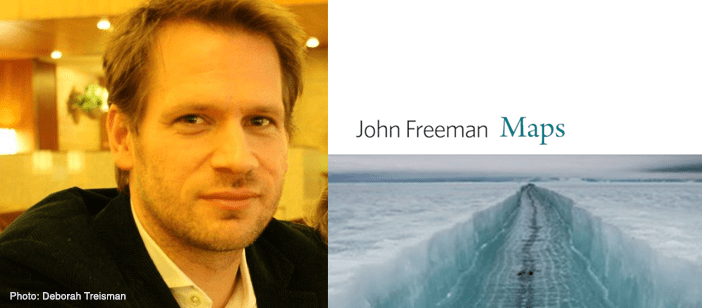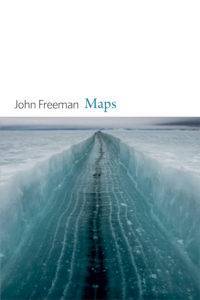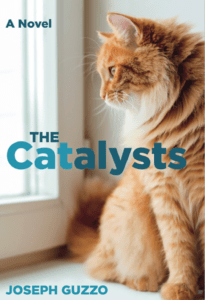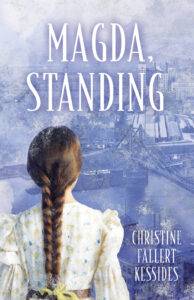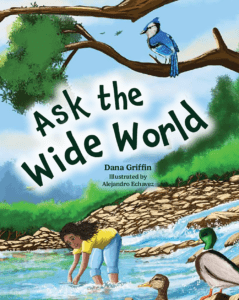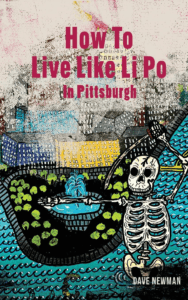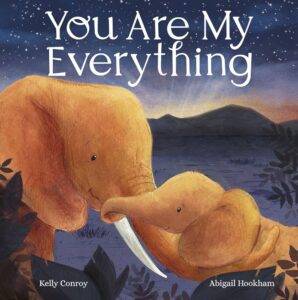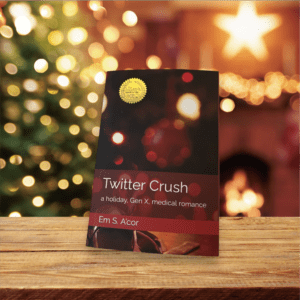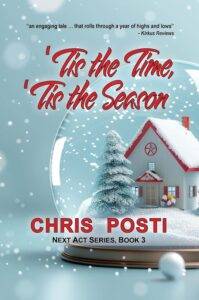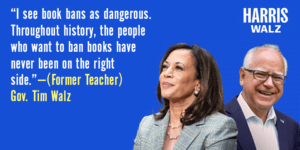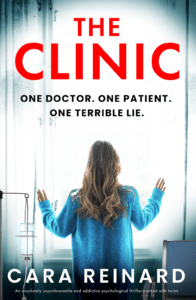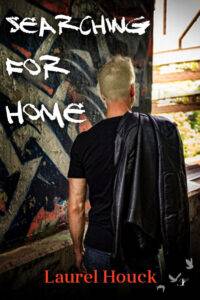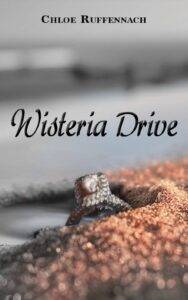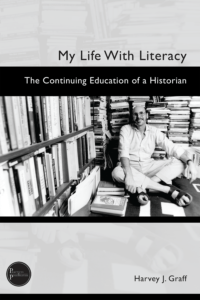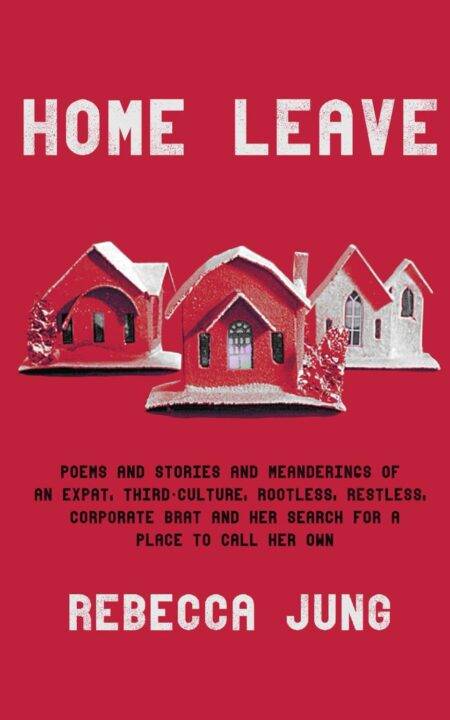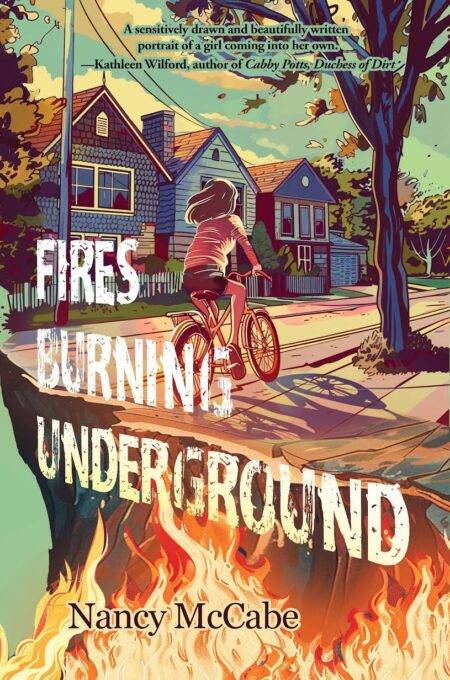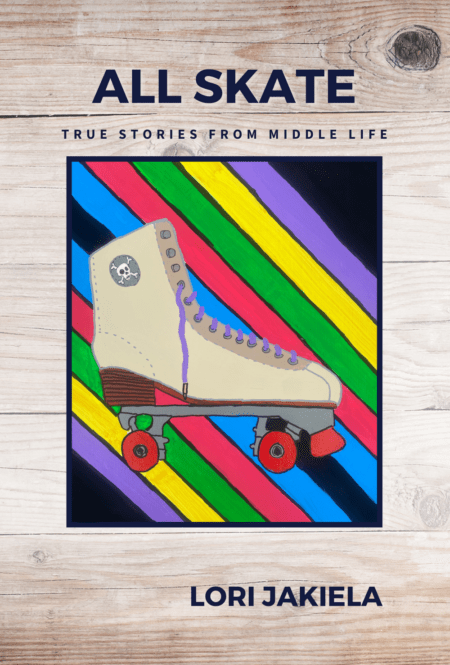John Freeman is the editor of Freeman’s, a literary biannual, and author two books of nonfiction, The Tyranny of E-mail (Scribner) and How to Read a Novelist (FSG). A graduate of Swarthmore College, he has edited two anthologies of writing on inequality, Tales of Two Cities, and Tales of Two Americas, both published by Penguin. From 2005-2007, he served as president of the National Book Critics Circle, and won a James Patterson Pageturner Award for his term at the organization. His poems have appeared in The New Yorker, The Paris Review, Prairie Schooner, and The Nation. Maps, Freeman’s debut poetry collection, was recently published by Copper Canyon Press.
From the publisher: “Ranging from the west coast of America, to the streets of Sarajevo, John Freeman’s first collection of poems, Maps, charts the way in which landscape imprints our experience. What does it teach us to witness? How does it shape the ethics of remembering? These poems unfold on the streets of Beirut, of Rio de Janeiro, of Paris, of Rome. Urban, warm, intimate, and mournful. Maps seeks to make visible what is invisible on maps, and what it means to be American in this period of empire.”
Don’t miss out: Freeman will be visiting City of Asylum’s Alphabet City on November 17th to talk with essayist Garnette Cadogan about the ways storytelling can be part of a new politics of optimism.
“John [Freeman] delights in and is thoroughly devoted to writing and to books. He is my kind of person.”―Louise Erdrich
Legend
My father’s father rode the rails
west into Grass Valley and buried three children
in the shadow of a tree that spread its arms around his bakery.
Cold nights he saw stars he didn’t
believe existed, and heard wild animals
howling with a loneliness he knew.
Wife dead, every morning
he woke to the bread and chill, horses
snuffling in the dark. He’d starved
before, in Canada, winter so ragged it
killed the dog, and this grief was that
feeling, shifted north into his chest.
The heart is not a diamond pressed down
into something hard like rock, but, rather, the word
my father’s father said to himself
those too-cold California nights when
all he could see was the work ahead of him,
the dead behind —
her name.
He’d say her name.
Sarajevo (Summer 2016)
She pointed, two hundred meters: there. I was
fifteen. We were drinking wine outside
a bookshop. The shelling lasted
all night. The ruby-colored sunset, the river
close. The theater so crowded
people sat in one another’s laps. Bombs fell so near every
few minutes, parts of the stage splintered.
I’m leaning on a car, cool
metal, smoked glass. The actors,
she tells me, didn’t flinch, didn’t miss
a single line. The audience
didn’t move, didn’t
make a sound.
You’re here; you survived;
and you’re there —
floor shaking, streets buckle —
watching a play that
for eternity will last.
We wrote one another a lot
those days, long winding
letters that crossed a country, in which
I asked if she knew my gratitude;
her replies so generous
it’s only now I realize
my gratitude wasn’t gratitude
but another request.
From Maps. Copyright © 2017 by John Freeman. Used by arrangement with Copper Canyon Press, www.coppercanyonpress.org. All rights reserved.


